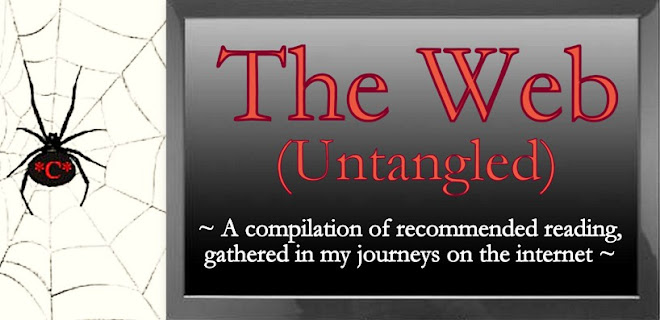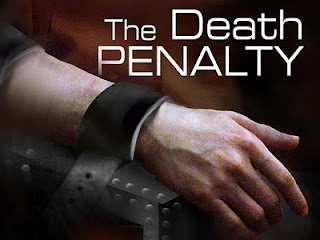
If there was anything I learned from yesterday's tragedy it is that the death penalty MUST be abolished. As such, I have decided to be more active in that cause. In addition to taking the Amnesty International "Not In My Name" pledge, I have also signed up with NCADP, who was quite active on Troy's behalf.
I submit the following for your consideration:
Official NCADP Statement:
The National Coalition to Abolish the Death Penalty expresses it's deep condolences to the family of Troy Anthony Davis.
They have suffered immeasurably throughout this terrible process.
We can scarcely imagine what the family must be going through: to have the government to which they pay taxes so unjustly and unfairly take the life of someone they so dearly loved. We commend the family on the struggle they waged to bring the injustice in this case to light and to keep Troy Davis alive.
Today the state of Georgia denied the humanity of Troy Anthony Davis. The state of Georgia also denied the humanity of his family, whose grief and loss is real and worthy of recognition. Georgia also denied the humanity of millions of people in Georgia, across the country and the world. This execution being done in the name of the people of Georgia, indeed, in the name of all of us bound by the laws of the U.S. Constitution was done without our agreement and over our vigorous and sustained objection.
The effort to save the life of Troy Davis ends today but the campaign to end the death penalty begins anew, in earnest. If the people cannot control their government, if what is done in our name is done despite our objection, it is our solemn duty to work with the people of Georgia to make it right. Government must be responsible and accountable to the people - all the people equally.
We pledge to follow the example set by the Davis Family and Troy, to continue the fight, upholding the dignity and humanity of every person - if this is not the last execution in Georgia, it will be among the last.
Today, the state of Georgia has demonstrated the extreme degree to which its system of justice is broken. It cannot be sustained. We call on all who have worked so tirelessly in Georgia to prevent this travesty of justice to work equally hard with us to end the death penalty Georgia, and everywhere so that no family will again have to suffer what Troy Davis's family has suffered today.
Take Action!








